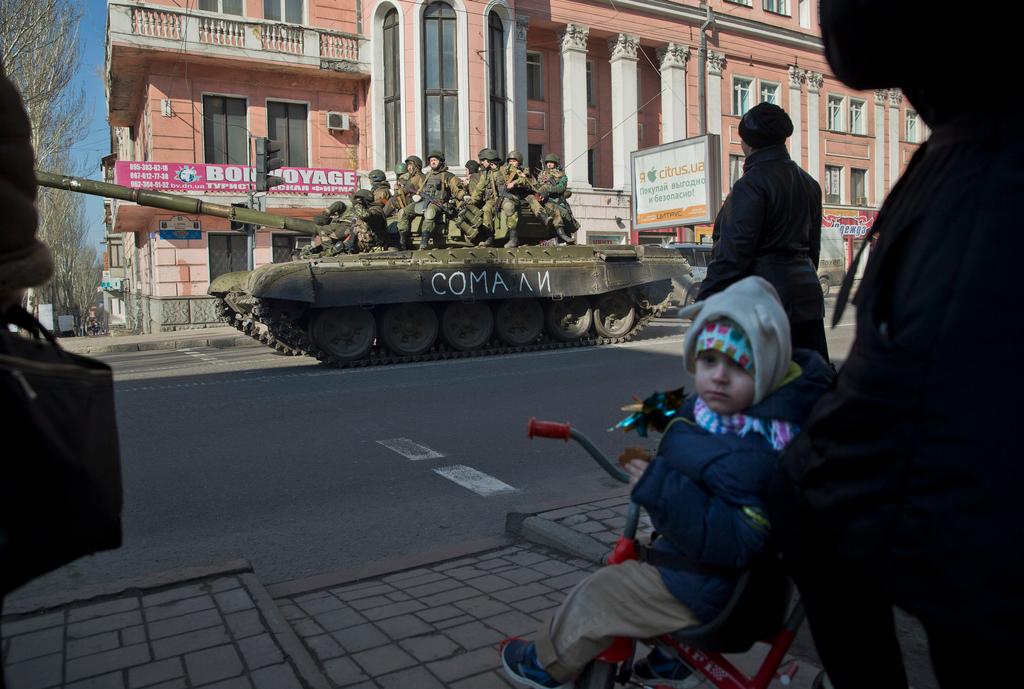
Swiss sent ‘stealth’ textiles to Russia

A Swiss shipment of high-tech stealth textiles to Russia was greenlighted after Switzerland extended measures to ensure its companies do not bypass international sanctions on military equipment to Russia and Ukraine.
The State Secretariat for Economic Affairs (SECO) confirmed on Sunday that it had allowed the shipment, worth CHF90 million ($91.4 million) , to go through because it had been finalised before the cabinet issued broadened sanctions at the end of August 2014. News of the shipment was first reported by the SonntagsZeitung and Le Matin Dimanche newspapers.
The “stealth” textiles, which were designed to evade infrared and radar detection and have a variety of military applications, amounted to the largest-ever Swiss shipment of military goods to Russia.
After the European Union tightened its sanctions on Russia at the end of July 2014, the Swiss government added the names and entities to a list for financial institutions to avoid entering into new business relationships with in an effort to keep EU goods from circumventing sanctions by going through Switzerland. Specifically, the Swiss measures are meant to address the “export, import and transit of civilian and military-use goods”.
However, the textile shipment was sent to Russia in two instalments dating through the end of 2014. SECO justified allowing the shipment with article 14 of the sanctions ordinance, which states that “the decisions do not apply to transactions that were contractually agreed upon prior to August 27, 2014”.
SECO spokesperson Fabian Maienfisch told the SonntagsZeitung that “such a transaction would not have been permitted” if the contract had been signed after the Swiss measures were put in place.
Many politicians were shocked that the deal was allowed to go through, deeming it “unacceptable” and not appropriate given the timing and stage of the war between Russia and Ukraine.
Other views
But others said the government had not broken any laws in allowing the shipment to go through, with Swiss People’s Party parliamentarian Maximilian Reimann telling the SonntagsZeitung that Switzerland “did not need to be more Catholic than the Pope” in this situation.
Other countries in similar situations, such as France and Germany, did not allow previously agreed-upon shipments to go through. Germany, for example, stopped the construction of a combat training centre near Moscow following the sanctions even though the contract had been signed before they entered into force.
On Tuesday Grzegorz Schetyna, Poland’s head of diplomacy, criticised the sale on Polish radio: “We need to talk about these things and condemn these kinds of transactions.”
He added that the sale of this kind of military equipment to Russian armed forces facilitated their aggressive actions and it was important for the European Union to remain united.

In compliance with the JTI standards
More: SWI swissinfo.ch certified by the Journalism Trust Initiative































You can find an overview of ongoing debates with our journalists here . Please join us!
If you want to start a conversation about a topic raised in this article or want to report factual errors, email us at english@swissinfo.ch.